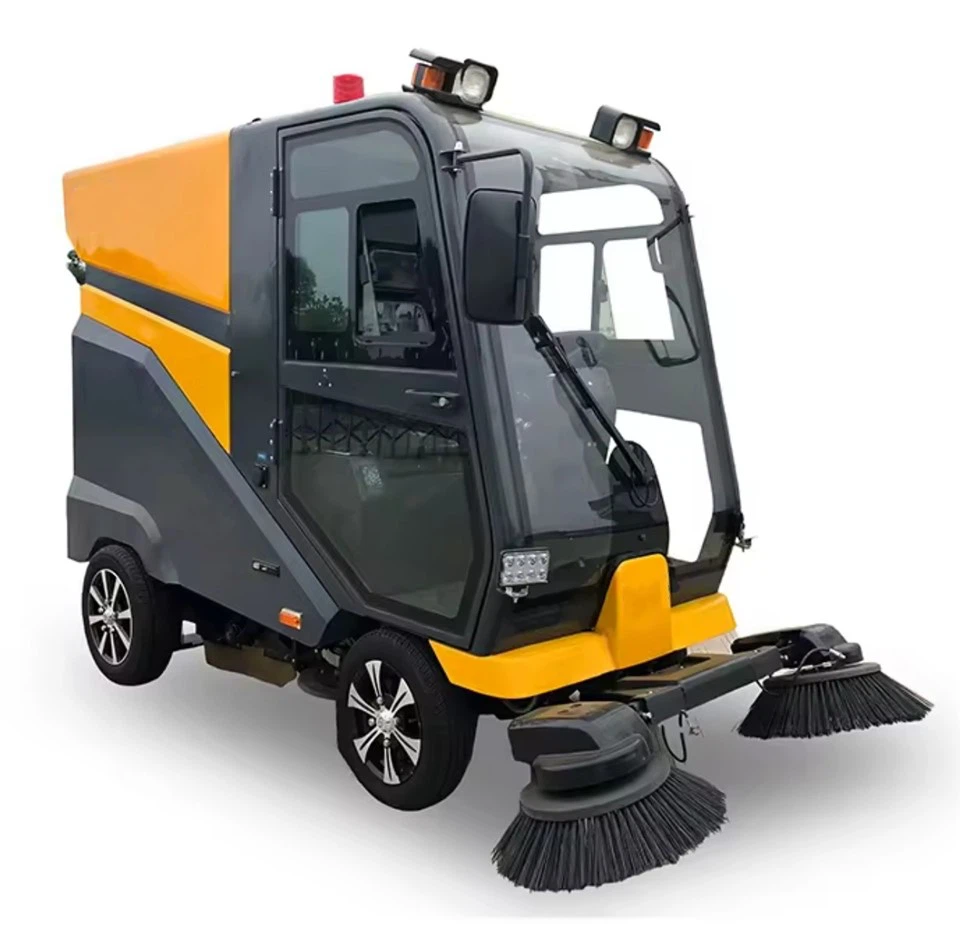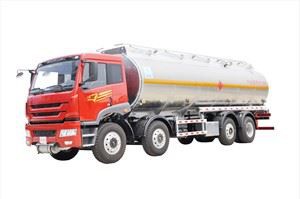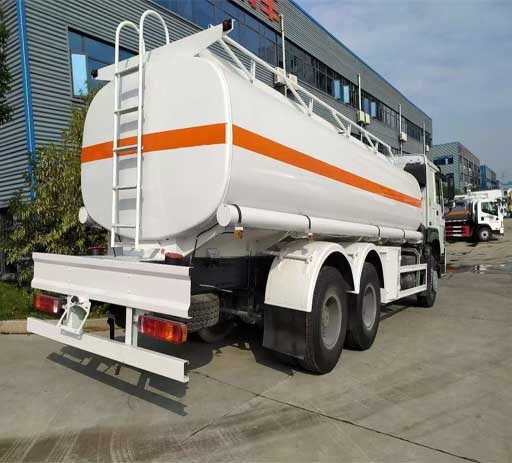Small Trash Trucks: The Ultimate Guide to Efficient Waste Management

In the world of waste management, small trash trucks play a crucial role. Designed to navigate narrow streets and tight spaces, these vehicles are essential for municipalities and businesses alike. This article delves into the various aspects of small trash trucks, including their features, benefits, and usage in different settings.
Understanding Small Trash Trucks
Small trash trucks, often referred to as compact or mini refuse vehicles, are designed specifically for urban environments where space is limited. Their size makes them perfect for residential areas, alleyways, and any location that larger trucks cannot access.
Features of Small Trash Trucks
Small trash trucks come equipped with various features that enhance their functionality and efficiency.
Compact Design
The compact design allows these trucks to maneuver easily in crowded urban environments. Typically, they are smaller than traditional garbage trucks and are capable of servicing areas with tight turns and narrow roads.
Capacity

While smaller in size, these trucks still offer a good load capacity, ranging from 5 to 10 cubic yards, allowing them to carry a reasonable amount of waste without frequent trips to the disposal site.
Eco-Friendly Options
Many modern small trash trucks come with eco-friendly options, such as hybrid engines or fully electric models, reducing their environmental impact and operating costs.
Types of Small Trash Trucks
There are several types of small trash trucks available, each designed for specific applications.
Rear-Loaders
Rear-loader small trash trucks have a compaction mechanism at the back. They are commonly used for residential waste collection and can easily take in bags and bins from behind the truck.
Side-Loaders
Side-loaders feature an automatic or semi-automatic lifting mechanism on the side, allowing them to pick up containers parked at the curb. This design is ideal for routes with many containers spaced apart.
Front-Loaders
Front-loaders are commonly utilized for commercial waste management. They have large bins mounted on the front and are perfect for servicing dumpsters in business districts.
Benefits of Using Small Trash Trucks
The use of small trash trucks offers many advantages for both waste management companies and local governments.
Improved Accessibility
Small trash trucks can access locations that larger vehicles cannot, making them ideal for residential neighborhoods, schools, and parks.
Cost-Effective Operations
The lower fuel consumption and reduced maintenance costs associated with smaller trucks can lead to significant savings over time. Their size often requires fewer resources for operation and parking.
Enhanced Waste Collection Efficiency
The compact nature allows for faster navigation and pickup, thus optimizing collection routes and schedules, which leads to reduced overtime for workers.
Choosing the Right Small Trash Truck
Selecting the right small trash truck depends on various factors. Here are some considerations to keep in mind.
Determine Your Needs
Assess your waste management requirements, including the types of waste you will collect and the frequency of pickups.
Evaluate Vehicle Specifications
Look for essential specifications such as load capacity, engine type, and turning radius to ensure it suits your operational needs.
Consider Eco-Friendly Models
Investing in eco-friendly options can have long-term benefits for your budget and the environment. Explore hybrid and electric models that can significantly reduce emissions.
Regulations and Safety Standards
All waste management operations must comply with local regulations and safety standards. This section covers important aspects.
Compliance with Local Laws
Check local regulations regarding waste collection and disposal to ensure your operations align with governmental guidelines.

Driver Training and Safety Protocols
Implement consistent training programs for drivers focusing on safety protocols, including the proper operation of the truck and safe handling of waste materials.
Protective Equipment
Drivers should use appropriate personal protective equipment (PPE) while working, especially when dealing with hazardous materials.
Maintenance of Small Trash Trucks
Regular maintenance is critical for the longevity and reliability of small trash trucks. Here are essential maintenance tips.
Routine Inspections
Conduct scheduled inspections to detect potential issues before they escalate. Check fluid levels, brakes, tires, and hydraulic systems regularly.
Engine Maintenance
Keep the engine in good condition by regularly changing the oil, checking filters, and ensuring fuel systems are clean.
Cleaning and Sanitation
Clean the truck routinely to prevent odor buildup and maintain proper sanitation standards. This includes washing the exterior and disinfecting the interior.
Small Trash Trucks in Action: Case Studies
Municipal Use
Many cities deploy small trash trucks for residential waste collection. For instance, in San Francisco, compact trucks operating in hilly neighborhoods have improved efficiency and reduced complaints from residents due to missed pickups.
Commercial Use
In corporate settings, small trash trucks are often used for regular waste collection in office parks. For example, a company in Austin, Texas, reduced its waste pickup costs by switching to side-loading small trash trucks that accommodate multiple pickups in one trip.
Event Waste Management
During large events, small trash trucks can support waste management by providing on-site services. For instance, food festivals often utilize mini trucks for quick waste collection from booths and seating areas, ensuring cleanliness and efficiency.
Cost Considerations for Small Trash Trucks
The cost of small trash trucks can vary significantly based on various factors. Here’s a breakdown of the key considerations.
Initial Purchase Price
The average price of a new small trash truck ranges from $50,000 to $100,000, depending on the make, model, and additional features.
Operating Costs
Consider ongoing expenses such as fuel, maintenance, insurance, and salaries for drivers. Eco-friendly models may have higher upfront costs but lower operational costs in the long run.
Financing and Leasing Options
Explore financing or leasing options to help spread the initial cost over time. Many companies offer competitive terms for waste management vehicles.
FAQs
1. What is the average lifespan of a small trash truck?
The average lifespan of a small trash truck is around 10-15 years, but this can vary based on maintenance and usage.
2. Can small trash trucks handle commercial waste?
Yes, small trash trucks can handle commercial waste, especially front-loading models designed for dumpster pickups.
3. How often should small trash trucks be maintained?
Regular maintenance should be conducted every 3,000 to 5,000 miles or as recommended by the vehicle manufacturer.
4. Are there electric small trash trucks available?

Yes, there are several models of electric small trash trucks now available, which offer a more environmentally friendly option for waste collection.
5. How do small trash trucks contribute to sustainability?
Small trash trucks can contribute to sustainability by reducing carbon emissions, especially when utilizing hybrid or electric models, and by improving waste collection efficiency.
6. What factors influence the cost of small trash trucks?
Factors influencing cost include the model, engine type, features, and whether the vehicle is new or used, as well as ongoing operational and maintenance expenses.
